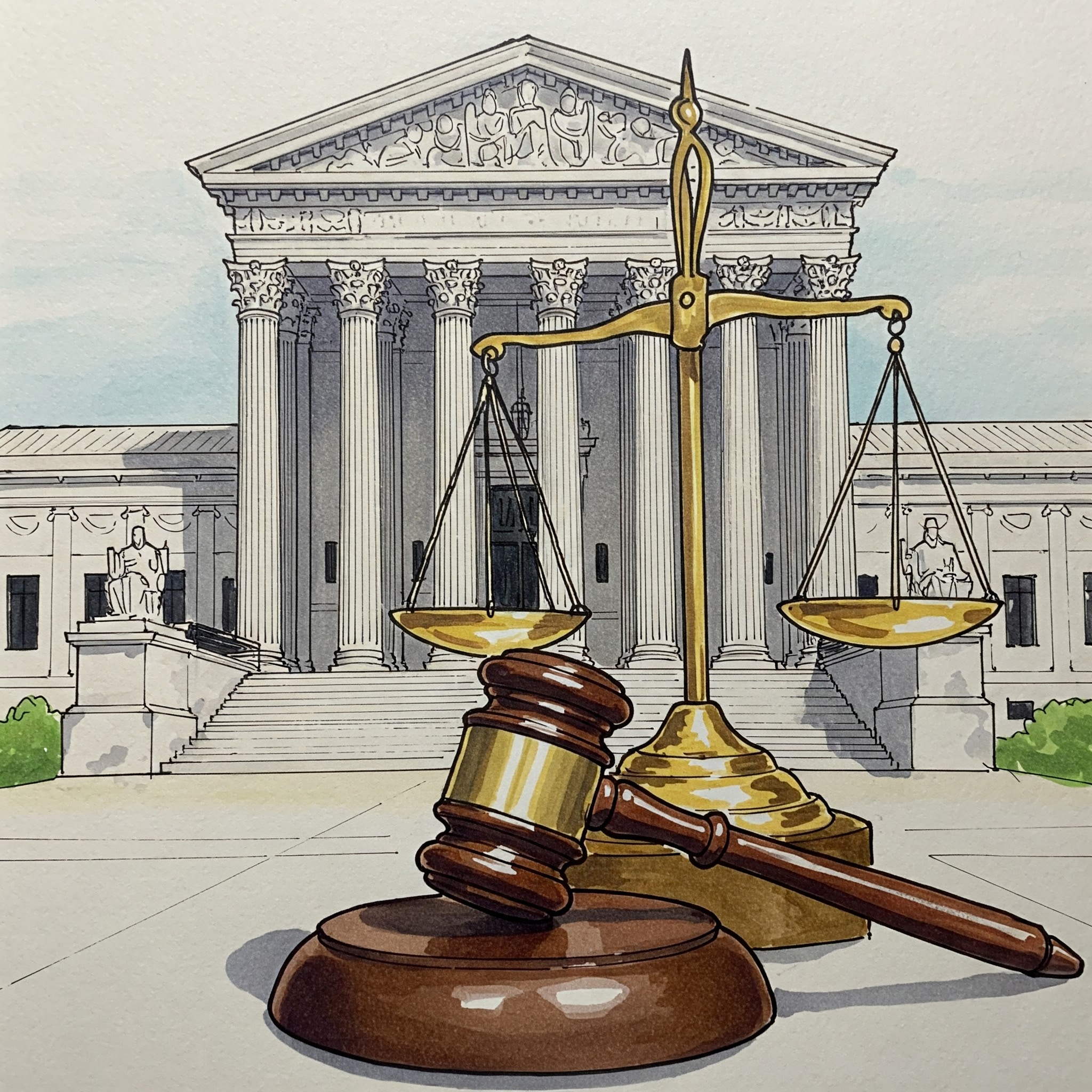Justice
Definition
Justice is a noun referring to the concept of fairness, moral righteousness, and the administration of the law. It encompasses the idea of giving each individual their due based on equity, law, and ethics.
Parts of Speech
- Noun
Pronunciation
American English
- IPA Pronunciation: /ˈdʒʌs.tɪs/
- Respelling: JUS-tis
British English
- IPA Pronunciation: /ˈdʒʌs.tɪs/
- Respelling: JUS-tis
Etymology
The word "justice" originates from the Old French "justice," meaning "equity" or "righteousness," derived from the Latin "justitia," which stems from "justus" (just). It entered Middle English in the 12th century with similar meanings.
Derivatives
- Just (adjective)
- Justify (verb)
- Justifiable (adjective)
- Unjust (adjective)
- Justice-seeker (noun)
Synonyms
- Fairness
- Equity
- Impartiality
Antonyms
- Injustice
- Bias
- Corruption
Usage
The term "justice" is used in legal, social, and moral contexts. Examples include "The court aims to deliver justice to the victim," and "Social justice movements strive to address inequalities."
Related Terms
- Law: The system of rules regulating behavior.
- Ethics: Moral principles guiding actions.
- Judiciary: The branch of government responsible for interpreting the law.
Detailed Definitions
Noun
- The quality of being just, fair, or reasonable: Refers to the principle of fairness in treatment and decisions.
- Example: "She demanded justice for the wrongly accused."
- The legal or philosophical theory of fairness: Describes systems or ideas aimed at achieving equity and moral balance.
- Example: "Distributive justice focuses on the allocation of resources."
- The administration of the law: Refers to the process of ensuring laws are upheld and enforced fairly.
- Example: "The Supreme Court is a symbol of justice."
justice



🇨🇳 Mandarin Chinese
- "正义" (zhèng yì)
IPA Pronunciation: /ʈʂəŋ˥˩ i˥˩/
English Respell: zheng-yi
- "公正" (gōng zhèng)
IPA Pronunciation: /kʊŋ˥ ʈʂəŋ˥˩/
English Respell: gong-zheng
🇮🇳 Hindi
- "न्याय" (Nyaay)
IPA Pronunciation: /ɳjaːj/
English Respell: nya-yay
- "इंसाफ़" (Insaaf)
IPA Pronunciation: /ɪn.saːf/
English Respell: in-saaf
🇪🇸 Spanish
- "Justicia"
IPA Pronunciation: /xus'tisja/
English Respell: hoo-stee-see-ah
🇫🇷 French
- "Justice"
IPA Pronunciation: /ʒys.tis/
English Respell: zhew-stees
🇸🇦 Modern Standard Arabic
- "عدالة" ('Adala)
IPA Pronunciation: /ʕa.daː.laː/
English Respell: a-daa-laa
🇧🇩 Bengali
- "ন্যায়" (Nyāẏa)
IPA Pronunciation: /ɳaːja/
English Respell: nya-ya
- "ইন্সাফ" (Insāph)
IPA Pronunciation: /ɪnsaːf/
English Respell: in-saaf
🇷🇺 Russian
- "правосудие" (Pravosudiye)
IPA Pronunciation: /prɐvɐˈsutʲɪje/
English Respell: pra-vo-su-di-ye
🇵🇹 Portuguese
- "Justiça"
IPA Pronunciation: /ʒuʃˈti.sɐ/
English Respell: zhoos-tee-sa
🇮🇩 Indonesian
- "Keadilan"
IPA Pronunciation: /ke.ad.il.an/
English Respell: ke-ah-dee-lan
🇩🇪 German
- "Gerechtigkeit"
IPA Pronunciation: /ɡeˈʁɛçtɪçkaɪ̯t/
English Respell: ge-recht-ig-kait
🇯🇵 Japanese
- "正義" (Seigi)
IPA Pronunciation: /seː.ɡi/
English Respell: say-gee
- "公正" (Kōsei)
IPA Pronunciation: /koː.seː/
English Respell: ko-say
🇻🇳 Vietnamese
- "Công lý"
IPA Pronunciation: /kɔŋ˧˩ li˧˧/
English Respell: kong lee
- "Công bằng"
IPA Pronunciation: /kɔŋ˧˩ ɓɨŋ˧˩/
English Respell: kong bing
🇰🇷 Korean
- "정의" (Jeong-ui)
IPA Pronunciation: /t͡ɕʌŋ.ɰi/
English Respell: jeong-ee
- "공정" (Gongjeong)
IPA Pronunciation: /koŋ.d͡ʑʌŋ/
English Respell: gong-jeong
🇹🇷 Turkish
- "Adalet"
IPA Pronunciation: /adaˈlet/
English Respell: ada-let
🇵🇰 Urdu
- "انصاف" (Insaaf)
IPA Pronunciation: /ɪnsaːf/
English Respell: in-saaf
- "نیای" (Nyaay)
IPA Pronunciation: /ɳjaːj/
English Respell: nya-yay





